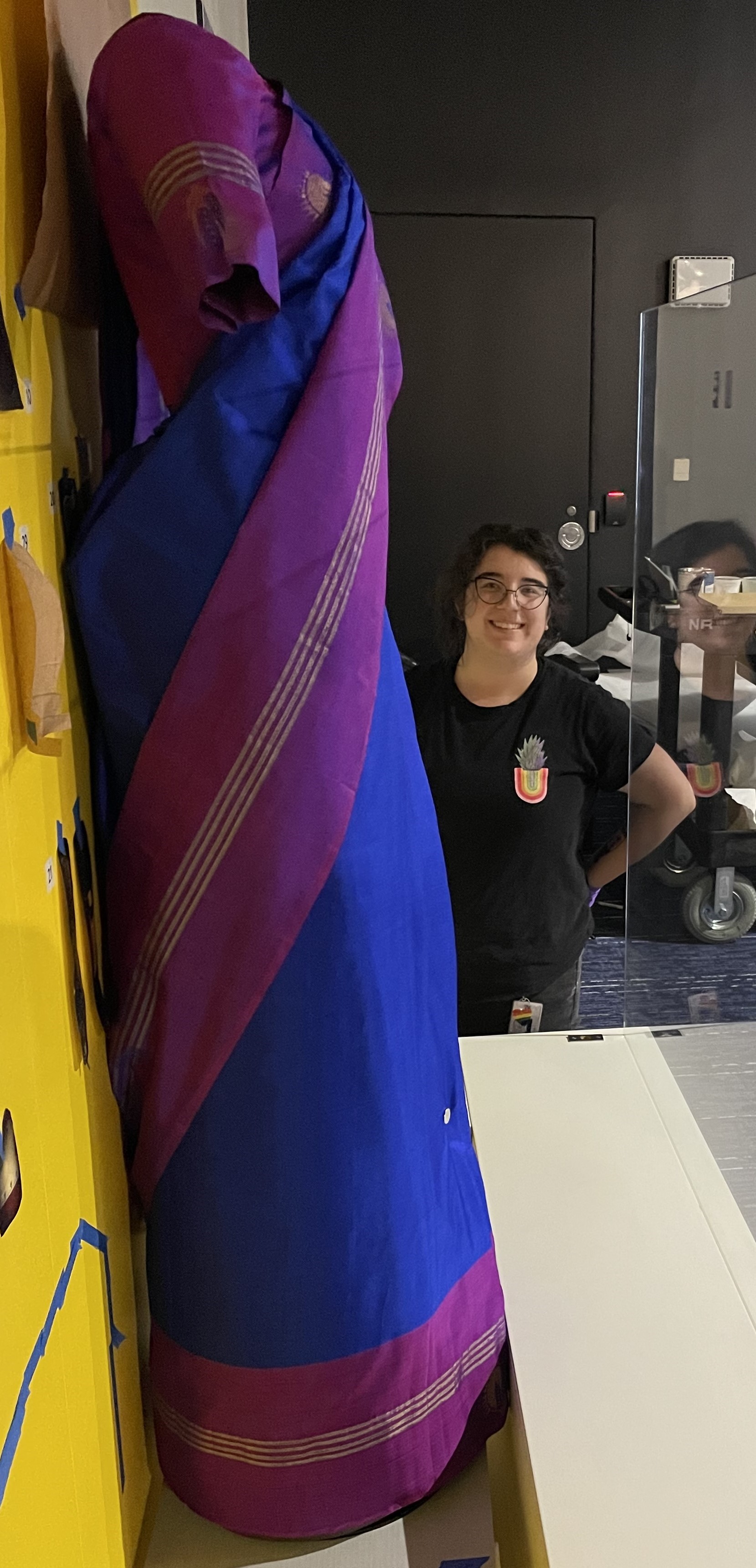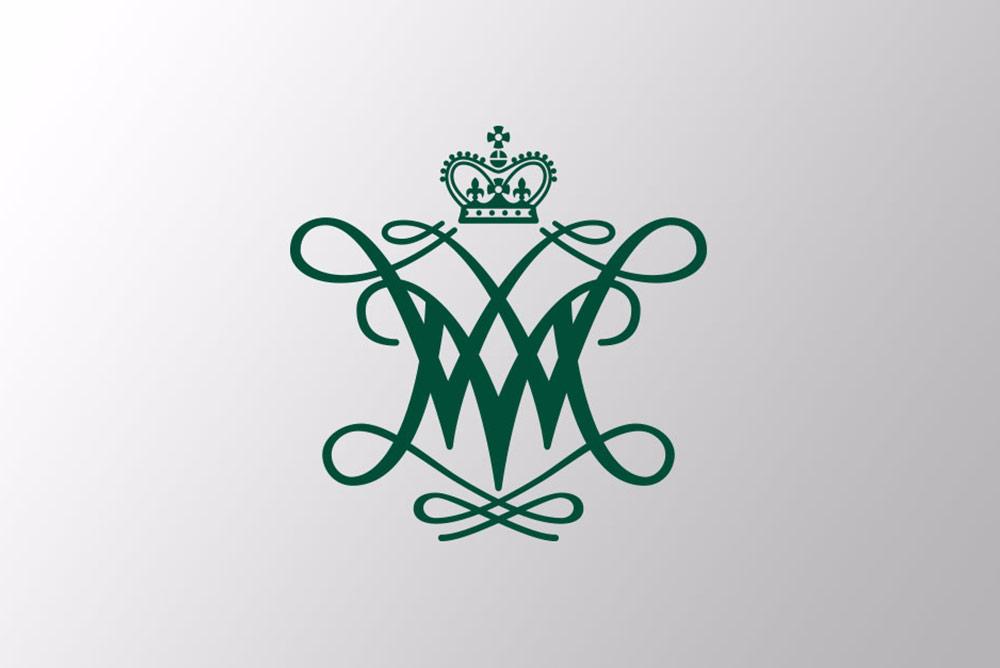Amber Kreiensieck, '19, Museum Conservation Technician
Amber Kreiensieck, W&M CLST major ’19, talks about her experiences in museum work.
 What is your graduation year, and did you have a double major?
What is your graduation year, and did you have a double major?
I graduated in January 2019 and was a double major of Economics and Classical Studies. I also earned my master’s in Museum Studies (Collections Management) in 2022 from George Washington University.
Can you tell us a little bit about your experience at William & 玛丽? What drew you to Classical Studies?
I began college without knowing what I wanted to major in, but I had four years of high school Latin. Professor Bill Hutton was assigned to me as my pre-major advisor and he helped me select a variety of classes so that I could try out different fields. I eventually settled on Economics as my first major, and paired it with the Classical Civilization track as my second major! Every professor I had in Classical Studies was incredibly passionate about both their material and their pedagogy, which is a combination that I think sometimes is taken for granted until you experience the lack of the latter. The department is also relatively small so there was a sense of community among the majors. I am still friends with people that I met through Classical Studies.
What are you doing now and what is your favorite thing about your job?
我
How has your experience studying the ancient world helped you in your career?
The ancient world is complicated, it is historically messy, and it spans so much time and encompasses so many locations around the Mediterranean that the study of it could consume you. Museum collections are the same. I cannot know nor care about every detail about everything, otherwise I would get nothing done! However, I can learn about trends and how they interact with one another and stay abreast of new developments. I have specialized in natural history objects, and I am confident in my skills in caring for fossil, mineral, and organic specimens. If someone were to ask me about how to care for an oil painting, however, I could give a very generic answer and then would direct them to a specialist in those materials.
Though it may sound strange, studying the ancient world helped me come to terms with the fact that I can’t know everything, but I can continuously learn from and work with colleagues to improve the field with our complementary skillsets.
More broadly, how has that experience shaped you as a person?
I have generally always been a “people person” and I love to talk to others about things that I find interesting. The Classical Studies department attracted similar people with similar attitudes to learning, whether they were a major or just taking a class out of curiosity to satisfy a graduation requirement. We frequently created collaborative study guides and worked together. Friendships and camaraderie developed naturally. It was a very human experience. These “soft skills” of collaboration, being patient, problem solving, and coordinating schedules have followed me into my life post-graduation.
What advice would you give a student who is interested in your field?
First things first, I’m going to get real: consider your options carefully. Positions in museums are underpaid, and the field is also oversaturated with candidates, making it very competitive. The image of working in a museum seems glamorous, but there is a lot of non-glamorous work that comes with it, too. There are more bugs and unsavory environments than you might expect!
如果
















